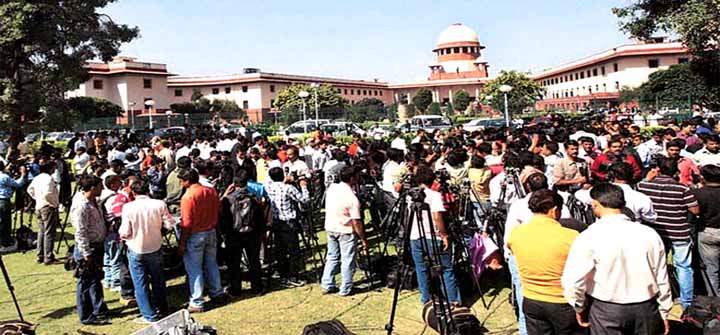The Election Commission of India today found itself in a difficult situation before the Supreme Court in a PIL which demanded life ban of convicted MPs and MLAs from contesting the elections.A bench headed by Justice Ranjan Gogoi pulled up the Commission after its counsel was not able to convince the court that why the poll panel has not taken a stand on the issue.The bench referred to...

